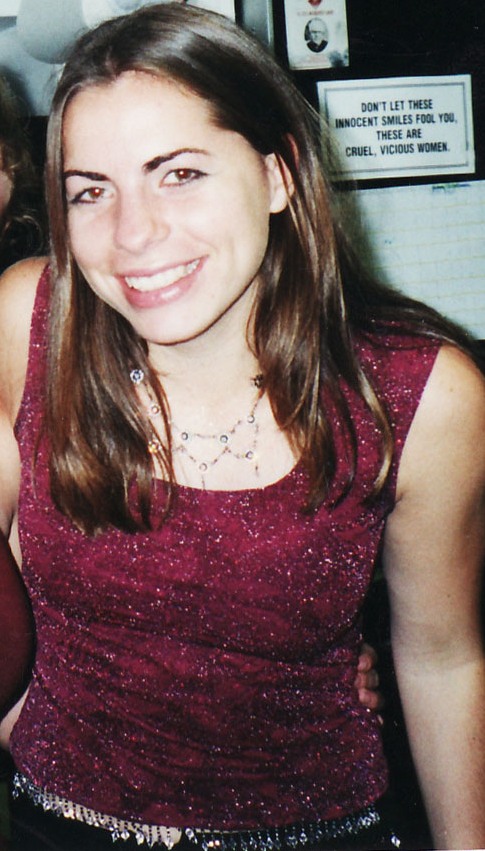I was at a bus stop, waiting for my bus to arrive, it was dark out. I see a man with a hooded sweatshirt and he appeared to be faceless because all I saw was the hoodie and baggy sweatpants. He stood about 5 feet away from me, to my side. I had a weird feeling about him and I looked and he was reaching into his pants, I got scared and thought he was going to pull out a knife or a gun. I was so scared wondering what should I do, run away?! but then I keep looking and he pulled out his dick… I saw and just walked away.
I felt really disgusted. I walked away behind him, where other people were also waiting for the bus. I stood between two older women. I felt disgusted and dirty like I had to go home and take a shower, It made me feel like a piece of meat. I couldn’t believe what had just happened. I had experienced street harassment since I was very young, about 9 or 10 years old, but this has got to be the worst one.
Do you have any suggestions for dealing with harassers and/or ending street harassment in general?
I would suggest that for catcallers, they get called out on their actions, but I understand that is very difficult to do especially because one is always considering their own safety before anything else. for example, I thought that person had a gun or knife, you never know! I usually never make eye contact with men on the street because if I do, most of the time I get the “sexual lustful stare”
– Anonymous
Location: Bus stop in San Francisco, CA
Share your street harassment story for the blog.
Check out the new book 50 Stories about Stopping Street Harassers!


 It’s worth noting that media promotes these roles. Men’s masculinity revolves around having women. Not loving them or connecting with them, but obtaining them and getting them to do what they want. Women in films are frequently seen as having their lives revolve around men. Despite how ridiculously simple the
It’s worth noting that media promotes these roles. Men’s masculinity revolves around having women. Not loving them or connecting with them, but obtaining them and getting them to do what they want. Women in films are frequently seen as having their lives revolve around men. Despite how ridiculously simple the 